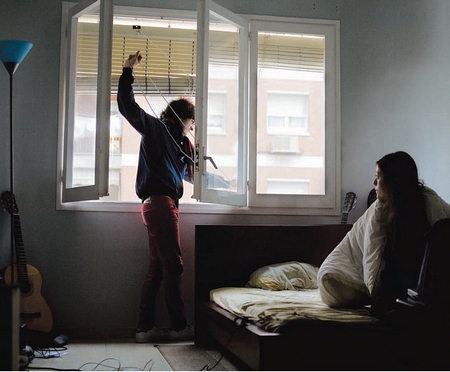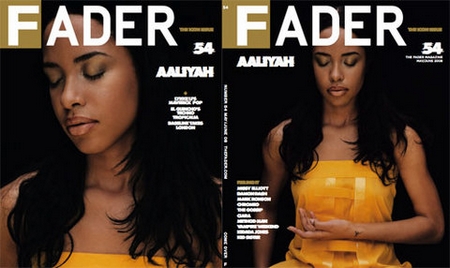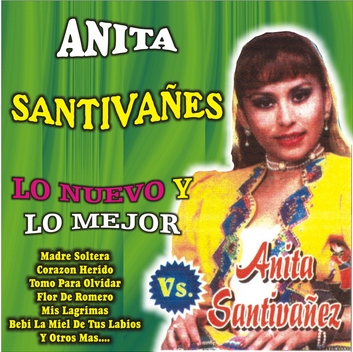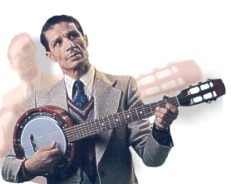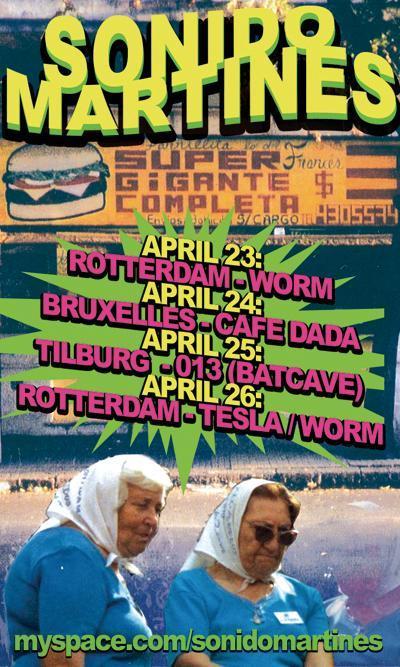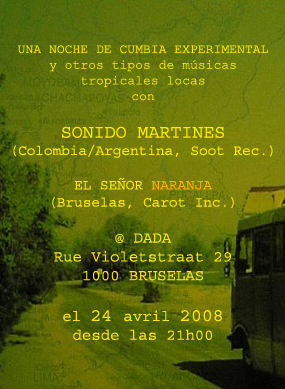An article on global ghettotech just appeared in Folha de Sao Paolo, Brazil’s largest newspaper. Journalist Camilo Rocha interviewed myself and several friends for it. Below is the full text of my interview.
. . . . . .
Folha: DJ RUPTURE, Sum up your musical mission.
that’s your job
F: What made you pay attention to music outside Western culture?
about 15 years ago I heard some Moroccan music and it was incredible. I’ve been listening to it ever since.
F: How do you see the popularization of what Wayne&Wax called “global ghettotech”? Why has there been so much exposure and interest for these types of sounds?
The exposure and interest is overrated. ‘Global ghettotech’ club nights are a minority, it is just a few individuals in a few cities doing it. What has changed is the access — via blogs and wikipedia, a lot of music is suddenly easier to access for people removed geographically from where it gets made. This amplifies the connections and influences, but it simultaneously amplifies and reproduces mistranslations, errors, and power imbalances.
F: How is the acceptance in America for your kind of musical approach?
right now not a lot of people have the musical views that I do. but things change. My mixtape ‘Gold Teeth Thief’ opened up a lot of doors for people, fans constantly tell me that it changed that way they thought about music and mixing, which of course makes me very pleased.
F: You have done a few tracks with a middle-eastern influences. Where have you travelled in that area?
Maghrebi culture is in Europe. It is also in the Maghrebi, but I’ve spent far more time in Maghrebi spaces and situations within southern Europe than in north Africa itself. The music flows through geographic borders.
F: Any peculiar stories about your music-researching travels? Weird or dangerous incidents?
yes.
F: A lot of ghetto music bypasses copyright as it is commonly made on pirated software and samples freely. Meanwhile, you defended Oink on your blog for providing good quality free music and comparing it to a library. Do you think we are going in an inevitable direction, where music will become free? Will that be a good thing and why? Should music have a price? Do you manage to make any money selling records?
Free access to quality information is a wonderful thing. And so is artists being able to live from their creations. It’s a strange time now, lots of economic models are melting.
F: You seem to have a strong social concern and awareness. Do you sometimes feel there should be more political lyrics in global ghetto music (I’m thinking of Rio funk, reggaeton, kuduro and kwaito which are largely sexual and/or party-oriented)?
Sometimes you need music to be a kind of escape, sometimes you need songs of love. It’s a silly idea to think that vocalists should somehow also be political leaders.
The fear that the “natives'” music is too sexual, too crude is at least 300 years old, if not older…
It is precisely _because_ I have a strong social concern and awareness that I don’t place too much importance on the lyrical content of music.
If you want to talk politics, follow the money. If you want to talk politics in music, follow the distribution, see who benefits from what.
Imagine a ‘socially-conscious’ funk carioca hit… owned by a Westerner who profits from it while the artist gets underpaid. The song appears to be good & politically just, but it is simply an extension of an old colonial relationship. So examining lyrics won’t answer any questions of power.
F: Do you perhaps feel that these musics could have more of a commitment to change or denounce their situation (if you think they do promote some kind of social change, please explain why)?
The way in which music creates social change has nothing to do with the lyrics. It has everything to do with the spaces that the culture surrounding the music creates. Certain musical scenes bring together different parts of society and allow for new social possibilities. This is rare, but it can happen. Other scenes *reduce* the chance that various people will mix and share ideas.
What new stuff (styles/artists/producers) have you discovered recently that has really impressed you?
I’m discovering the world of cumbia — there are multiple fascinating cumbia scenes past & present, it’s incredible. Also, reggada, and some Algerian chaabi and Kabyle music.
